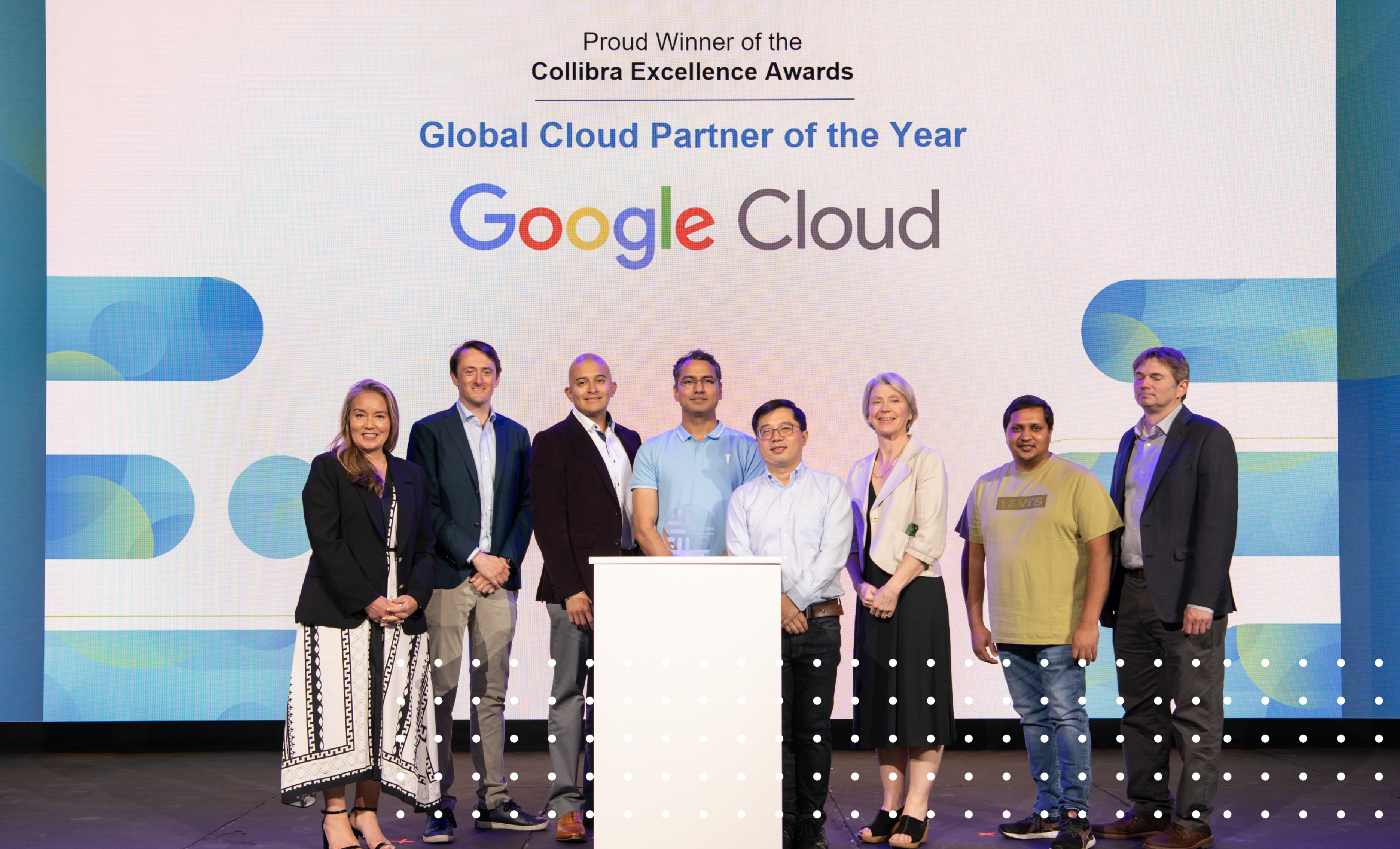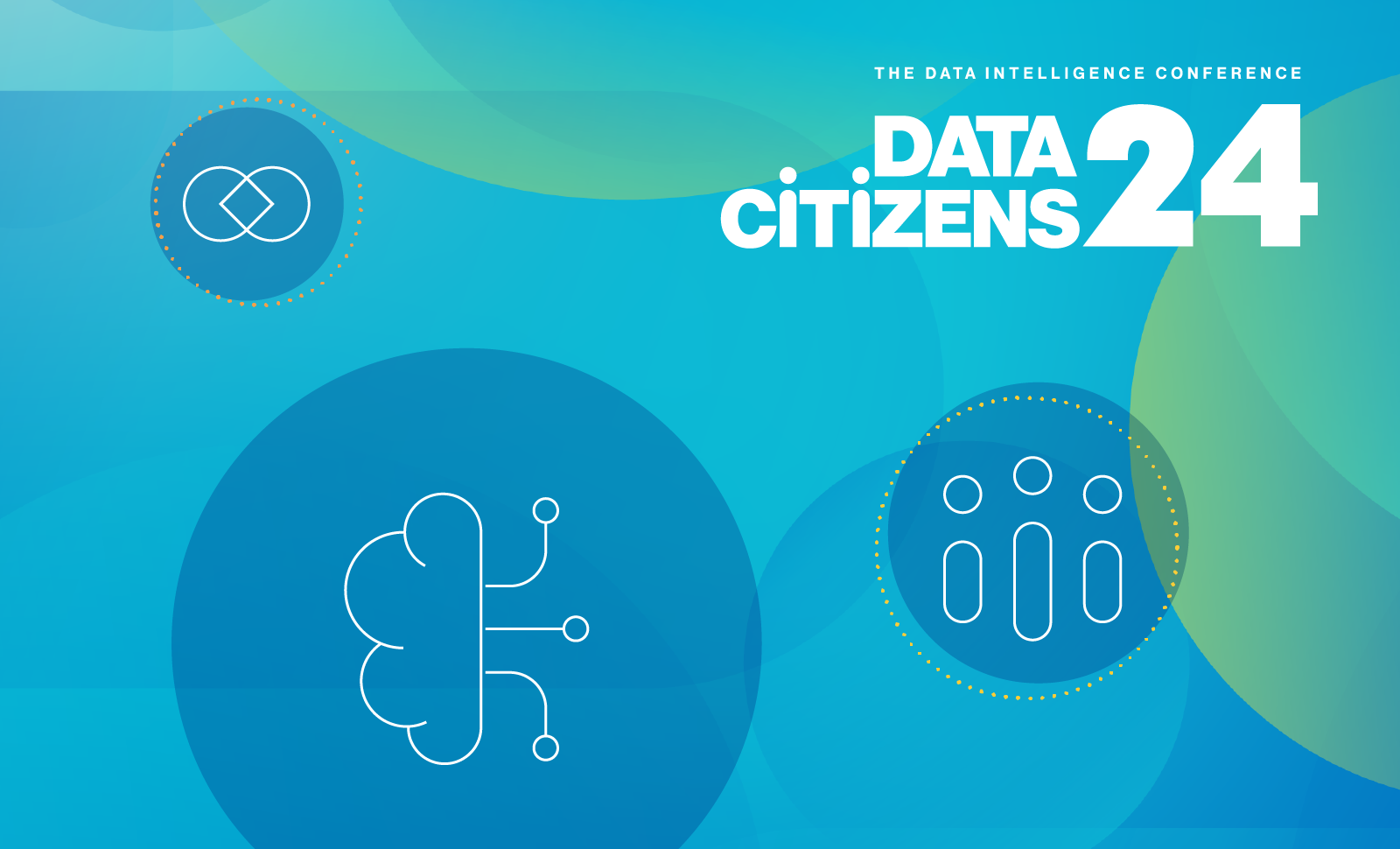Most data governance organizational activities and processes have traditionally been focused on the infrastructure efforts to create and maintain the most accurate and trusted critical data possible. After all, this has been the goal of the data management industry for many decades. The efforts of data content owners, data custodians and data stewards are critical to achieve the most accurate, complete and timely data possible. There is no question that all those efforts are essential. Yet, why do we invest all that time, resources, money, and technology? The answers can be summarized as we invest all that effort to have the best data available for all the business and analytical usages needed by our data consumers.
Most industry experts will say “data is the new currency and its value is in its usage.” The more we can use our data for diverse processes and analytics, the greater the potential for achieving substantial economic benefits from that data. No question here again. Yet, some data governance teams do not recognize that data consumers also have significant accountability and responsibility to help achieve the most accurate, complete, and timely data possible. This is a mistake. Let me explain why.
First, what are some of the general requirements of data consumers and how can data governance support those?
Generally, data consumers should be asking questions such as:
- What data is available for me to conduct my business processes?
- How has this data been defined? Is it defined like what I think?
- What is the data quality? Does it meet my expectations? Can I trust it?
- Where did it come from? Is this a source I can depend upon?
- How timely is the data in this source?
- What controls have been applied to this data, and does it meet our industry expectations?
- How do I get access to this data?
- What are the usage constraints (security, privacy)?
- Who else uses this data? For what purposes?
- What is the update or refresh frequency for this data?
- Who do I talk to for further understanding?
All great questions, right? Having the ability to answer to these questions drives the reasons why we invest in the data governance resources, processes, infrastructure, and solutions. To answer these questions, we may need to establish all of the following:
- Data governance organization of data content owners, data custodians, and data stewards (who to talk to)
- Business Glossary for critical data (definition, understanding, business rules)
- Catalog of all assets and relationships for the critical data terms (where does it come from, when, timeliness, controls)
- Data Catalog for critical data (what data is available, from where, how to access)
- Data Sharing Agreements (specific usage constraints and sources for data)
- Data Quality Metrics (what is the quality for accuracy, completeness, integrity, etc.)
- Reference Data Management for critical data (what are the values and what do they mean)
We must all recognize that data consumers are not just casual users of our data. Data consumers should be recognized in the data governance organization for the responsibilities and accountability they have. Data consumers should be recognized for formal responsibilities that include:
- Participating in the definition of business terms and definitions to ensure usability within their business processes
- Participating in the identification of business rules, data quality rules, and data quality thresholds. The definition of data quality “fit for purpose” is a combined responsibility of all data consumers to ensure appropriate data content and values for their specific business processes. These are requirements that must be meet by the data owners and custodians
- Participate in the definition of Data Sharing Agreement so consumers understand the authoritative source of data and the data constraints for its usage
- Participate in the resolution of data issues as requested by the data owners
- Identify data issues to the data owner as soon as they are recognized by the data consumer
- Consume data from only authoritative sources identified by the data owners or data governance team. Identify data needs that are not supported by authoritative sources
- Ensure their usage of data complies with data governance policies and the data sharing agreements
- Identification of data control requirements that should be implemented by the data owners to ensure quality and integrity in the data supply chain based upon the compliance requirements of the consumer’s business processes
All data citizens are data consumers at some point in time. The data consumers that conduct reporting and analytics are critical contributors to bridge the gaps between operations and analytical usage of our data. It is those data consumers that have the greatest data usage requirements and need to define the quality “fit for purpose.” The data consumer role, and all individuals in the role, should be formally recognized as they have responsibilities and accountability for governing our data as noted above. It is important to recognize the data consumer’s contributions provided in our governance processes.




